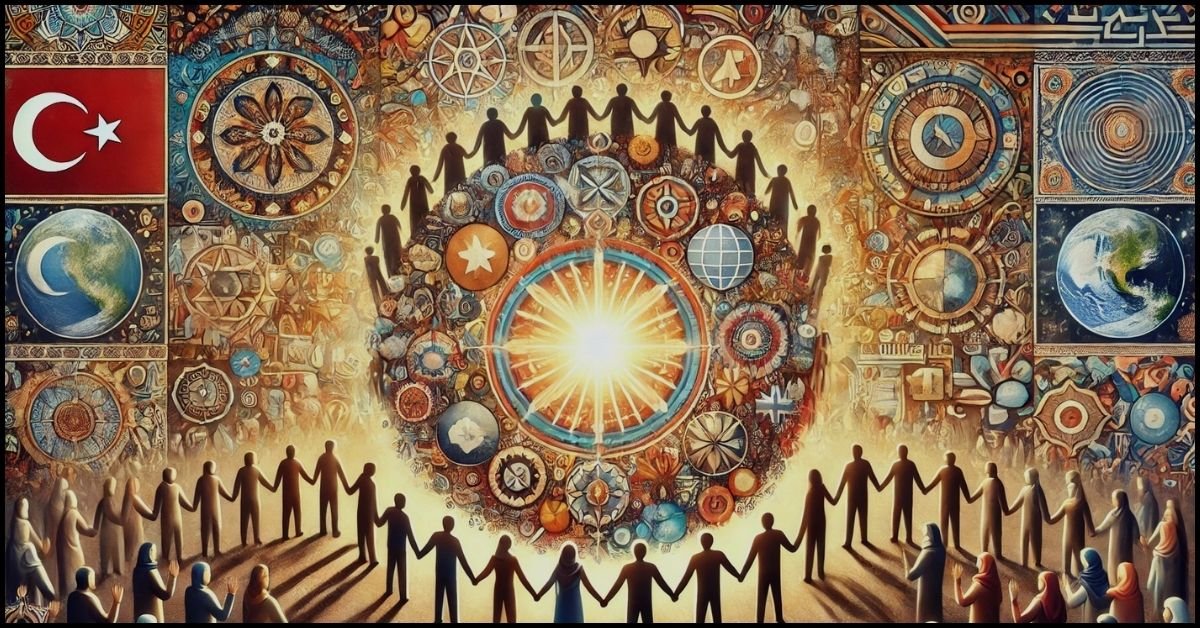Language is a powerful tool that shapes perceptions, culture, and communication. Sometimes, specific terms are misused to foster division, hate, or misunderstanding. One such term is “Utanmaz Türklere,” which can translate to “shameless Turks.” This article delves into the background of this term, its context, and why it should be approached cautiously.
The Origins and Context of “Utanmaz Türklere”
Historical Background of National Terminology
Every nation has had moments of conflict, and adverse terms are often coined. “Utanmaz Türklere” seems to arise from a combination of nationalism, cultural misunderstandings, and tensions that may have occurred historically. Many such terms are born from misunderstanding and bias rather than truth or reality.
How Misuse Can Lead to Division
Misusing terms like “Utanmaz Türklere” can contribute to growing community divides. Instead of fostering understanding or unity, these derogatory terms bring animosity and escalate conflicts. They play into harmful stereotypes and can fuel xenophobic sentiments.
The Social and Cultural Implications of “Utanmaz Türklere”
Why Language Matters in Cultural Relations
Language has the power to either build bridges or create barriers. Derogatory phrases such as “Utanmaz Türklere” can have lasting effects on intercultural relations. They can lead to a sense of otherness and hatred, which hinders peaceful coexistence.
Understanding Cultural Sensitivity
It is essential to approach sensitive language with caution. Knowing the cultural and social weight words carry is crucial in fostering mutual respect and cooperation. Offensive language should be reconsidered, especially in a world that thrives on diversity and interconnectivity.
The Misunderstandings Behind Stereotypes
Stereotyping an Entire Group
Generalizations based on ethnicity or nationality are harmful because they fail to account for the diversity within any group. Using phrases like “Utanmaz Türklere” to label an entire group of people with one broad stroke fails to recognize the individual complexities within a population. It promotes prejudice rather than understanding.
Combating Stereotypes with Education
Education plays a significant role in combating stereotypes. By learning about history, culture, and the individual experiences that shape people’s lives, we can begin to dismantle harmful stereotypes. Promoting awareness and understanding should be prioritized rather than focusing on terms that spread negativity.
Why We Need to Move Away from Terms Like “Utanmaz Türklere”

Promoting Respectful Dialogue
Building respectful dialogue between different cultural and national groups is essential in today’s interconnected world. Instead of using language that divides us, we should aim to communicate in ways that encourage cooperation and mutual respect. Language should serve as a tool for bridging gaps, not widening them.
The Importance of Media and Education in Changing Perspectives
The media significantly influences public opinion, and as such, it is responsible for promoting respectful and inclusive narratives. Educational systems must also emphasize respecting others, regardless of their background. Addressing derogatory terms in education and media can help reshape how people think and talk about others.
How to Foster Unity and Mutual Respect
Celebrating Cultural Diversity
Instead of focusing on what divides us, we should highlight the rich cultural diversity that each community brings to the table. Like any other nationality, Turks have a rich history filled with contributions to art, science, literature, and culture. Recognizing these contributions fosters respect and encourages a more nuanced understanding of any community.
Finding Common Ground
Finding common ground is vital in bridging differences. We can foster unity across cultural lines by focusing on shared human experiences and values. Instead of using divisive language like “Utanmaz Türklere,” we should engage in conversations that bring people together.
FAQs about Utanmaz Türklere
What does the term “Utanmaz Türklere” mean?
- “Utanmaz Türklere” translates to “shameless Turks” in English. It is often used in a derogatory way and should be avoided due to its offensive nature.
Why is it important to avoid terms like “Utanmaz Türklere”?
- Such terms promote division and negative stereotypes, hindering efforts to build respect and understanding among different cultural and national groups.
How can language affect cultural relationships?
- Language has a profound impact on how people perceive each other. Misusing language can lead to misunderstanding and conflict, while respectful language can foster unity and cooperation.
What role does education play in combating stereotypes?
- Education helps to dispel myths and misunderstandings about different cultures, promoting respect and inclusivity instead of reinforcing harmful stereotypes.
How can we move beyond divisive language?
- By promoting respectful dialogue, celebrating cultural diversity, and finding common ground, we can shift away from divisive language and work toward mutual understanding.
How can media influence public perception of different cultures?
- The media shapes public opinion through the narratives it presents. By promoting inclusive and respectful stories, the media can help combat negative stereotypes and encourage unity.
In conclusion,
the phrase “Utanmaz Türklere” represents a misuse of language that fosters division and misunderstanding. By educating ourselves and others, we can work to eliminate harmful stereotypes and promote unity, respect, and mutual understanding among all cultures.










